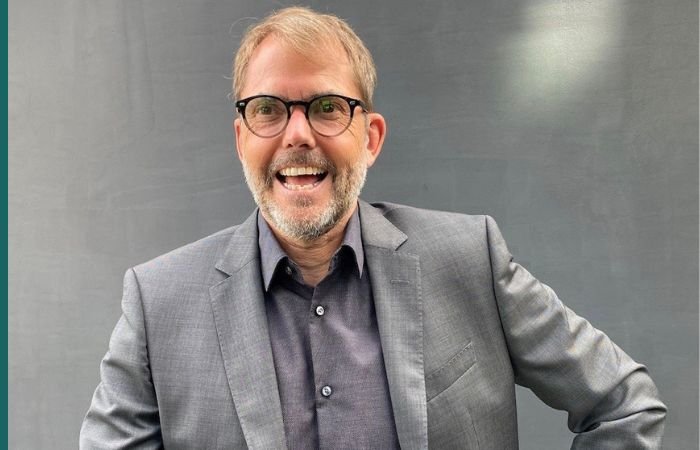What’s in a name - business owner or entrepreneur?
Ever since I founded my first business over thirty years ago, entrepreneur is a title I have been given many times over. It’s interesting that, despite having established and run many successful businesses over the years, entrepreneur is a handle I rarely use for myself.
When I’m asked what I am, I call myself a business owner, but there are people around me who I refer to as entrepreneurs. For me, and without judgment, there are two ‘labels’ for people who start their own companies. There are entrepreneurs, and there are business owners. In my mind, the two are very different. For example, I look at Duncan Bannantyne and think he is an entrepreneur. On the other hand, I look at Peter Jones and consider him to be a successful businessman.
It could be said that entrepreneur and business owner are simply two different words for the same thing, and that business owners are also entrepreneurs. In online communities of small business owners like UK Business Forums there are people who call themselves business owners, whilst others refer to them as entrepreneurs - and vice versa. Is there really a difference, is it just a word, or could there be a distinction based on actions, attitude and ethos?
Recently I ran a snapshot poll asking my Twitter followers whether they referred to themselves as entrepreneurs or business owners. Interestingly, 60% of them said business owners. This makes me wonder if people categorize themselves based on what they do day-to-day, or whether it is about mindset.
The Cambridge Dictionary definition of an entrepreneur is “someone who starts their own business, especially when this involves seeing a new opportunity”, which could be read to mean that they are one and the same. However, the part about ‘seeing a new opportunity’ is interesting, and to me it suggests that there is something different.
Going back to my poll, one respondent said they believed entrepreneurs to be risk-takers, which was not something they considered themselves to be. Now, anyone who has been in business will know that every day we face some degree of risk, but there is a big difference between recklessness and calculated risk. That is a whole different article in itself but, for now, what this perception about risk-taking and entrepreneurs suggests to me, is that some people think entrepreneurs are more maverick, unpredictable, and maybe less strategic in their business dealings.
Stephen Bartlett talks to John Vincent, founder Leon, in his podcast The Diary Of A CEO. In that episode, Vincent defines an entrepreneur as a community that comes together to create something that is more than themselves. That is the best definition of an entrepreneur that I have come across. In my mind, whatever the business, one person can not achieve everything they want to achieve on their own, so I tend to relate more to entrepreneurism, rather than being an entrepreneur. I couldn’t have achieved what I have done in my businesses, without a great team around me.
Television programmes such as The Apprentice and Dragon’s Den have projected entrepreneurship into our living rooms. Whilst both shows have generated huge audiences each week, I wonder if they do justice or any favours for the many thousands of company founders who are grappling with the realities of setting up and running a business today. Whilst Dragon’s Den thrusts company founders into the spotlight as they try to convince sizable investments from the Dragons, I feel as though programmes like The Apprentice swap grit with glamour. To me it has a feel that’s more akin to ratings-scoring reality shows like Love Island, rather than presenting a true reflection of the realities of what it is like to be a business founder today, riding the waves of the pandemic.
This takes me back to my first point about who we perceive to be entrepreneurs and how we relate that to ourselves and others. Perhaps what we call ourselves is due to how we see other people and decide, subconsciously or not, whether we want to be aligned. And so, fellow business owners and entrepreneurs, whatever you call yourself, I will leave you with a quote from one of my favourite entrepreneurs, Steve Jobs, “Have the courage to follow your heart and intuition. They somehow know what you truly want to become.”








